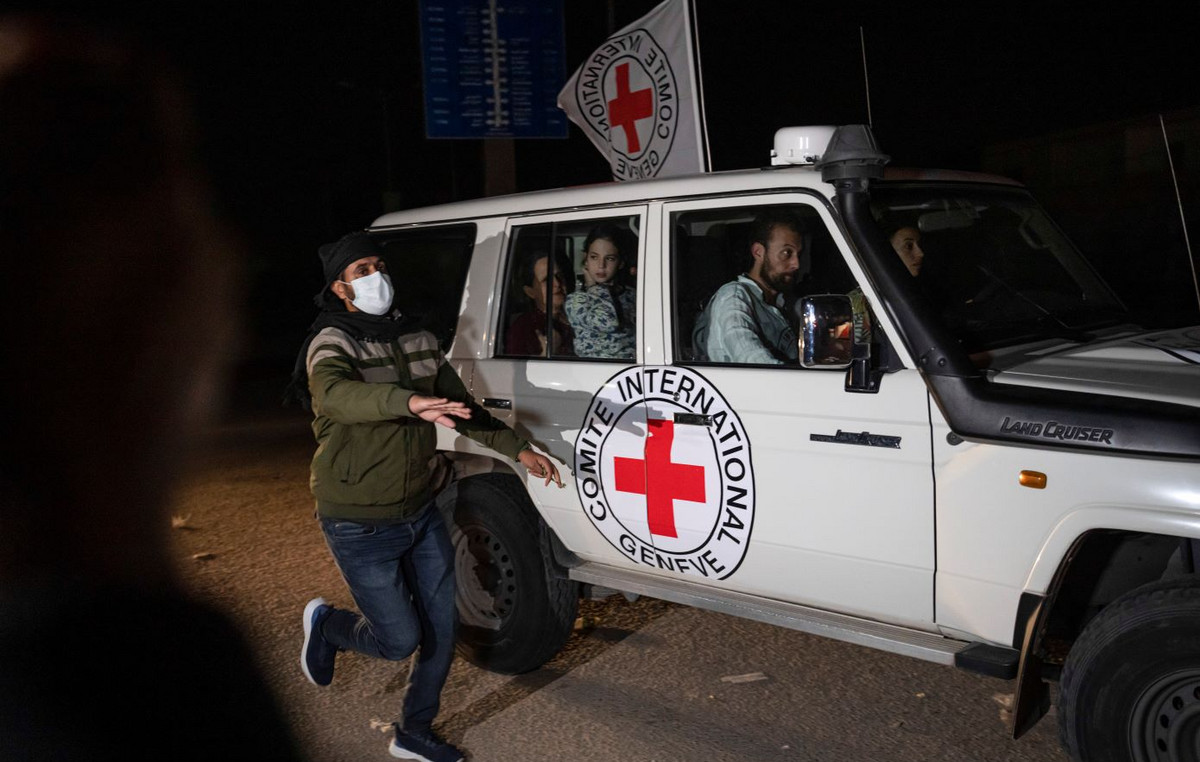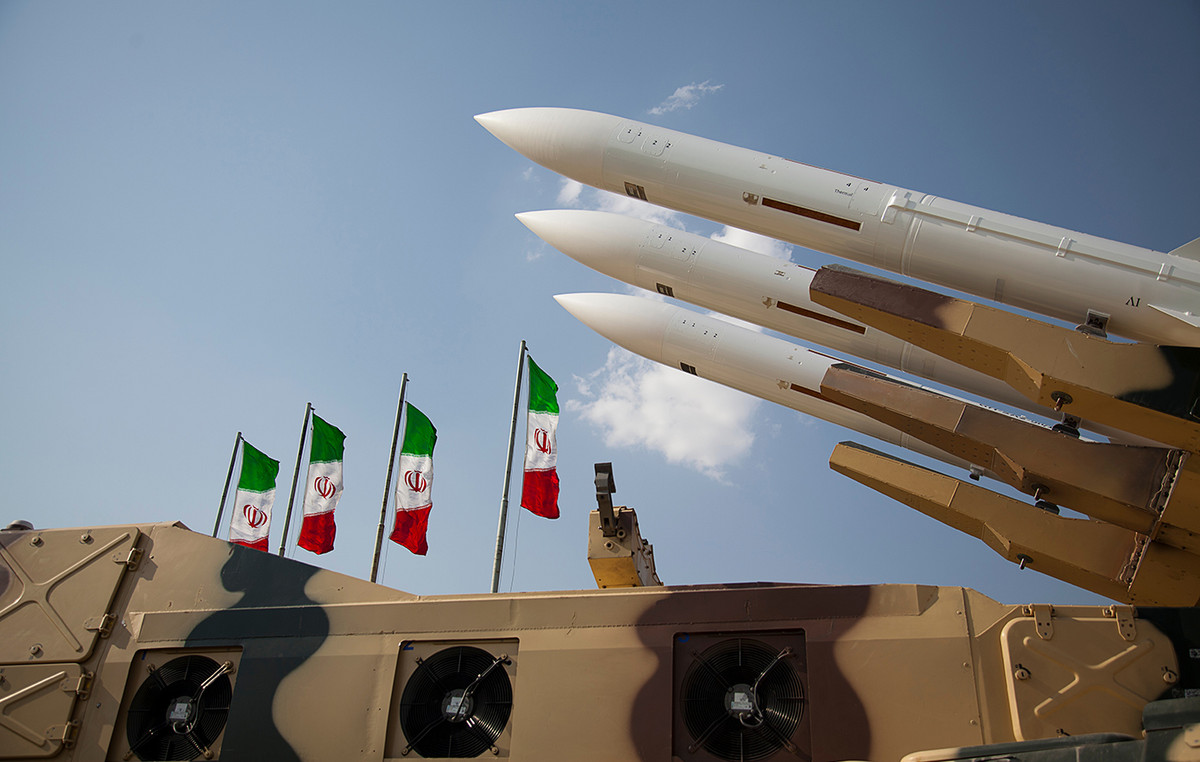A new blood test that uses artificial intelligence can detect different types of cancer early . Called OncoSeek, the technology allows detection and tracking of more than nine types of tumors at an early stage, increasing the chances of successful treatment.
In a study carried out with almost 10 thousand patients, OncoSeek presented a sensitivity of 51.7% for all types of cancer resulting in a 84.3% accuracy for detecting these tumors .
According to studypublished in July last year in the scientific journal The Lancetsensitivities ranged from 37.1% to 77.6% for the detection of nine types of cancer : breast, colorectal, liver, lung, lymphoma, esophagus, ovary, pancreas and stomach. Together, these tumors are responsible for 59.2% of global cancer deaths annually.
Furthermore, the technology is capable of significantly reduce the false positive rate increasing the specificity (ability of the test to detect cancer) of 54% to 93% .
The technology was developed by Mao Mao, scientist and CEO of SeekIn, and will be introduced in Brazil through a partnership with the First Saúde clinic, specialized in early detection and cancer treatment.
How does AI blood testing work?
OncoSeek is an exam based on liquid biopsy known to the medical community as MCED (Multi-Cancer Early Detection), diagnostic category designated for exams aimed at early detection of cancer.
This test is done by collecting five milliliters of blood, in which seven tumor markers are analyzed . Subsequently, an algorithm developed especially for the exam, trained by machine learning, is able to provide the probability that the patient examined has cancer.
“The exam is capable of detecting whether or not there is a possibility of cancer at that moment when the patient takes the exam”, explains Raphael Brandão, CEO of First Saúde, to CNN . “The exam detects circulating tumor cells in the blood that are hidden and are not yet macroscopically available for diagnosis,” she says.
In the clinical study, the exam was tested on 10,000 participants, 7,888 of whom had no cancer diagnosed and 2,003 already had a cancer diagnosis. The researchers collected blood from each participant and quantified seven tumor markers.
The algorithm used in OncoSeek was developed to distinguish cancer cases from non-cancer cases, calculating the cancer probability index based on the quantification of tumor markers and clinical information, being able to predict the possible tissue affected by cancer.
“After testing and training this algorithm, the study increased specificity [do exame], which is the ability to detect who is sick and be sure that it is cancer”, says Brandão. “When a test is requested to identify specific tumor markers, in isolation, and it is observed whether it was positive or negative [para a presença desses marcadores], it is possible to observe a sensitivity of 54% for detecting cancer. With the algorithm, this specificity increases to 93%, so it corrects this gap and this reduces the possibility of false positives”, he adds.
The exam can be done by anyone interested, but it is mainly recommended for the population at higher risk, such as family history or genetic inheritance.
Artificial intelligence accelerates early diagnosis
In the view of Pedro Henrique Araújo de Souza, clinical oncologist and coordinator of the Technology and Innovation Committee of SBOC (Brazilian Society of Clinical Oncology) — who was not involved in the development and testing of the technology — MCED exams, such as OncoSeek, are important for allow early detection of a tumor at an early stage of the disease, which increases the cure rate and helps to conduct more specific, less aggressive treatments and, occasionally, with less financial impact.
“The use of artificial intelligence allows the evaluation of large volumes of patients and the examinations of these patients, with the development of specific diagnostic algorithms based on the data generated by these examinations”, comments Souza to CNN .
According to the specialist, there are already screening tests in the case of breast, lung and colorectal tumors, which show that early detection increases the average survival of patients. “A blood test that performs early detection can optimize this screening, allowing us to better select patients who would undergo screening tests and more invasive tests,” he explains.
“In the other tumors evaluated in this study, there are still no screening tests that have shown an increase in early detection with an increase in the cure rate for these patients. In this scenario, this exam can indicate which patients should have more specific and closer follow-up”, he adds.
Souza also highlights that tests carried out on people without a cancer diagnosis may indicate the need for additional tests, such as imaging tests and other more invasive procedures, which confirm the tumor diagnosis. “It is essential to minimize the possibility of false positive tests, which can generate a psychological and financial cost for patients, in addition to risks related to diagnostic tests”, he highlights.
Source: CNN Brasil
I am an experienced journalist and writer with a career in the news industry. My focus is on covering Top News stories for World Stock Market, where I provide comprehensive analysis and commentary on markets around the world. I have expertise in writing both long-form articles and shorter pieces that deliver timely, relevant updates to readers.







